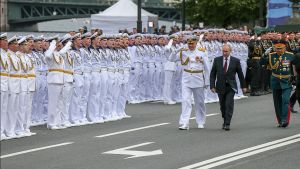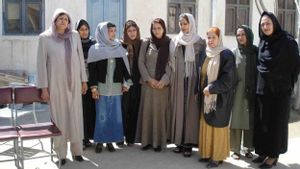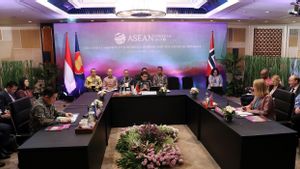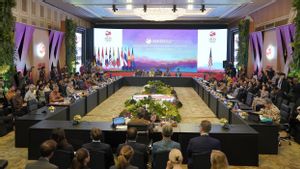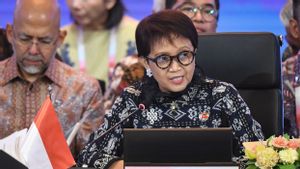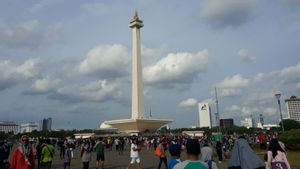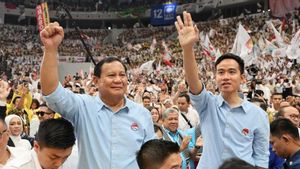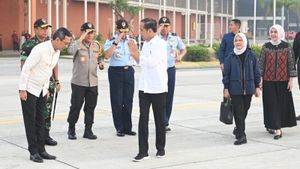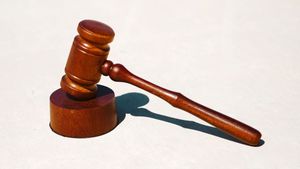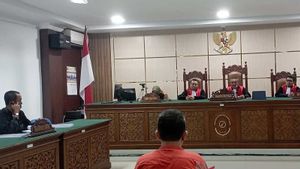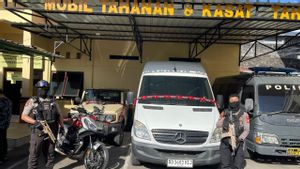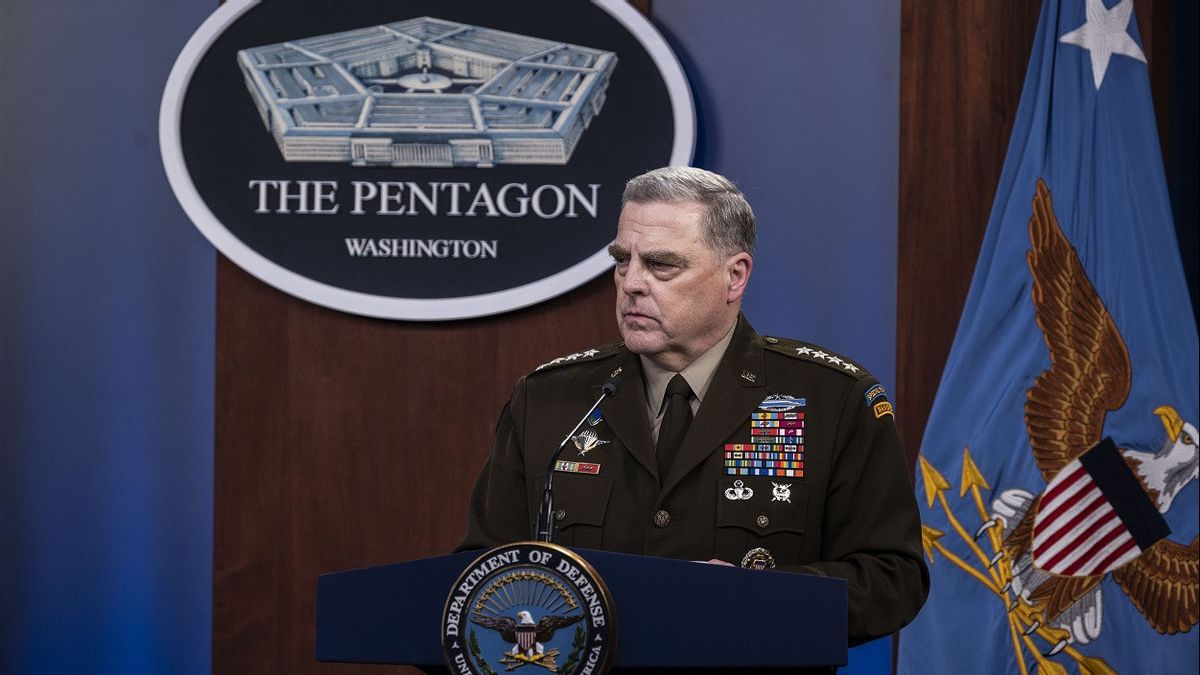
JAKARTA - The United States and its allies need to accelerate arms shipments to Taiwan in the coming years, to help the island defend itself, the top US general said on Friday.
The United States is Taiwan's most important arms supplier. Meanwhile, Beijing has repeatedly demanded that US arms sales to Taiwan be stopped, considering it an baseless support.
"Our speed, the United States, or other countries are helping Taiwan improve their defense capabilities, I think it may need to be accelerated in the coming years," said US Joint Chiefs of Staff General Mark A. Milley, chairman of the Joint Chiefs of Staff told reporters during a visit to Tokyo, Japan., reported Reuters July 14.
General Milley further said Taiwan needed weapons such as air defense systems and weapons that could target ships from the ground.
"I think it is important for the Taiwanese military and their defense capabilities to be improved," he explained.
Meanwhile, Taiwan has since last year complained about delays in US arms shipments, such as the Stinger anti-aircraft missile, as manufacturers shifted supplies to Ukraine, which is battling Russian troops. This issue has come to the attention of some US lawmakers.
Earlier, Taiwan said its defense spending this year will focus on preparation of weapons and equipment for a "total blockade" by China, including spare parts for F-16 fighters and recharging weapons.
In recent days, the Chinese military has practiced joint forces operations at sea, ahead of Taiwan's annual war games by the end of this month, which will simulate the breakdown of Beijing's blockade.
General Milley said relations between the United States and China were at "very low points" and recent diplomatic gatherings, including US Secretary of State Antony Blinken and top Chinese diplomat Wang Yi, were important to reduce the escalation probability.
관련 항목:
He added that the United States is considering whether it is necessary to change the location of the placement of some of its troops in the Asia Pacific.
The majority of US troops in the region are in Northeast Asia, including 28,500 troops in South Korea and 56,000 troops in Japan.
"We are seriously looking at potential alternative base options," concluded General Milley.
The English, Chinese, Japanese, Arabic, and French versions are automatically generated by the AI. So there may still be inaccuracies in translating, please always see Indonesian as our main language. (system supported by DigitalSiber.id)


